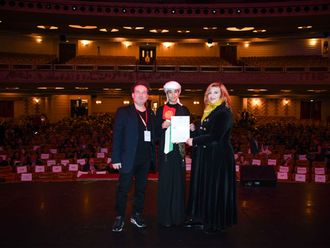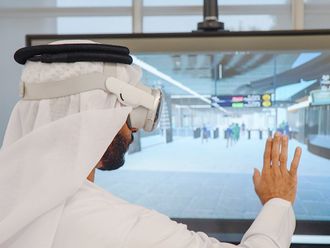More than a hundred American troops will be taking part in military exercises with their Filipino counterparts in training areas close to where the extremist Abu Sayyaf are holding two U.S. hostages and a Filipina nurse in southern Basilan province, in a major departure from the past.
According to President Gloria Macapagal-Arroyo's spokesman, Rigoberto Tiglao, some 160 American soldiers will participate in the exercises dubbed "Mindanao Balikatan."
While the U.S. troops will comprise mainly of training officers who are experts in anti-terrorist operations, the contingent will also include specialists in non-military but still counter-extremist fields such as mass communications and social development, Tiglao said.
"This plan, which will officially start tomorrow, will be a heightened and more realistic training exercise for our troops," Tiglao said yesterday as he noted that the programme would last anywhere between six months to one year.
The exercises will also allow U.S. troops to be fielded in areas where the Abu Sayyaf are operating although Manila has reiterated several times that they would not be involved in combat operations.
"They will be there to train our soldiers," Tiglao told reporters during a press briefing in Manila.
According to the Philippine Armed Forces spokesman Brig. Gen. Edilberto Adan, U.S. trainers and consultants will be working closely with Filipino troops.
The military exercise is part of the "Balikatan" (shoulder to shoulder) wargames being held every year between U.S. and Philippine armed forces.
It is only now where the provinces of Basilan and Zamboanga are being included in the coverage area. The exercises previously covered only areas in the northern portions of the country.
"They will be giving advice and training to troops in Basilan and Zamboanga," Adan said as he described the tasks of the U.S. troops. The joint exercise is part of the assistance being given by the U.S. government to the Philippines.
During the past several months, the U.S. has sent surplus military hardware, ranging from a C-130 cargo plane to hundreds of military trucks to modern sniper rifles and infantry equipment for night fighting.
The heightened military assistance is also part of the U.S. global strategy in fighting extremists in the wake of the September 11 attacks in New York and Washington.
The Abu Sayyaf has figured high in the U.S. list of terrorist groups following several abductions perpetrated by the Basilan and Sulu-based extremists of foreign nationals, including four Americans since two years ago.
U.S.-Philippines drill set to start today
More than a hundred American troops will be taking part in military exercises with their Filipino counterparts in training areas close to where the extremist Abu Sayyaf are holding two U.S. hostages and a Filipina nurse in southern Basilan province, in a major departure from the past.












